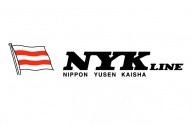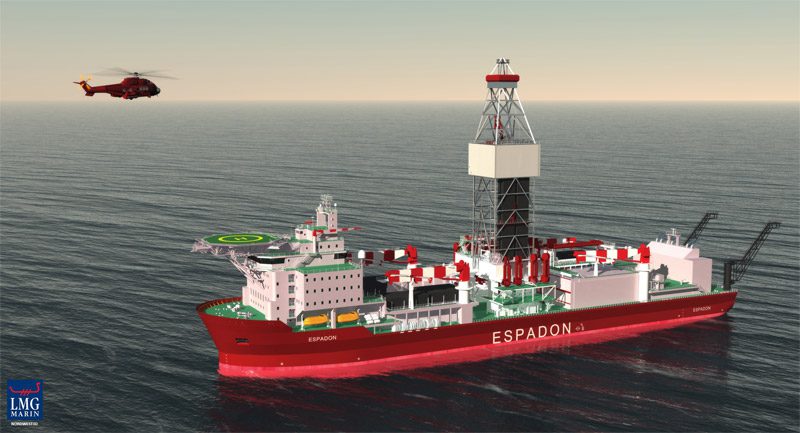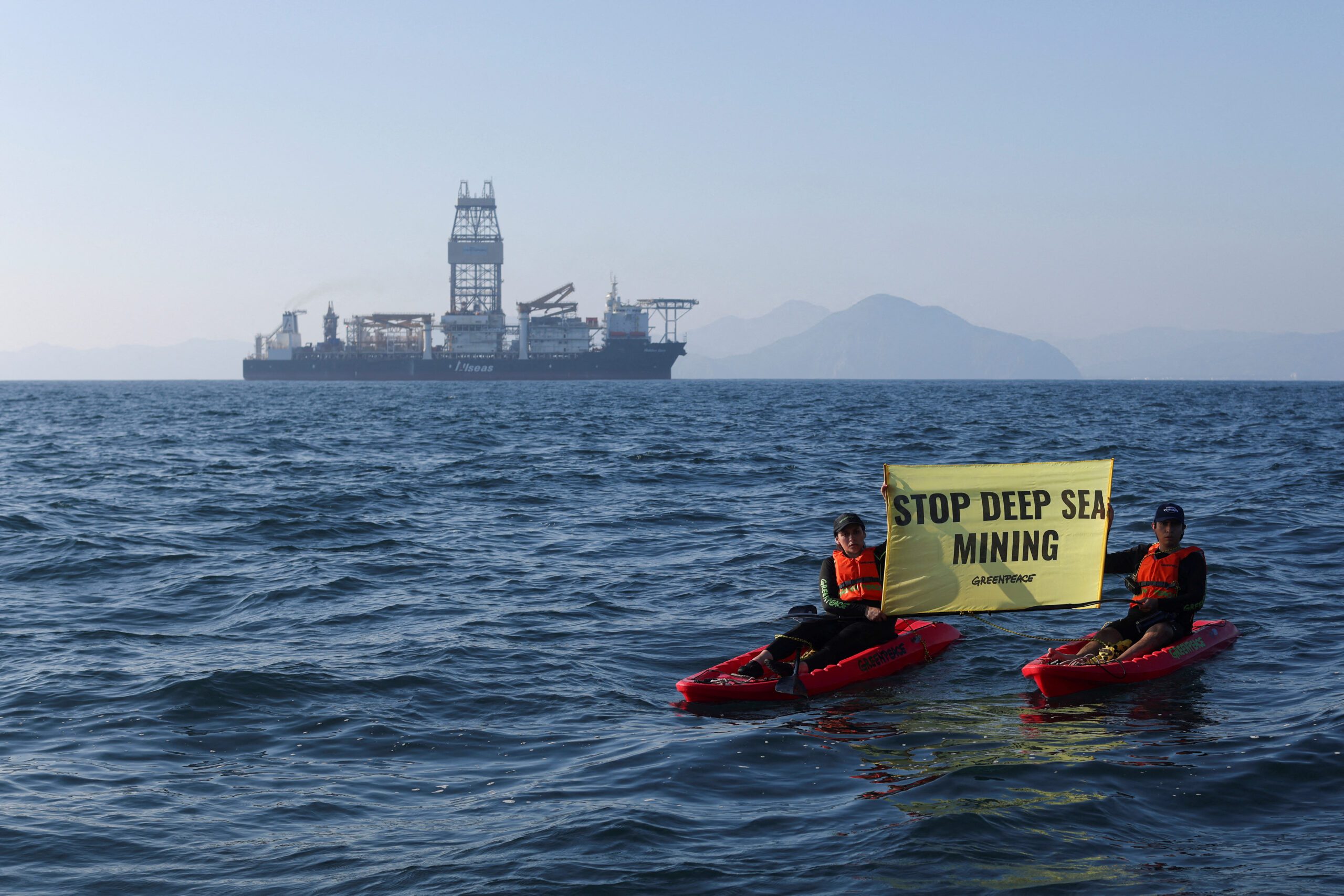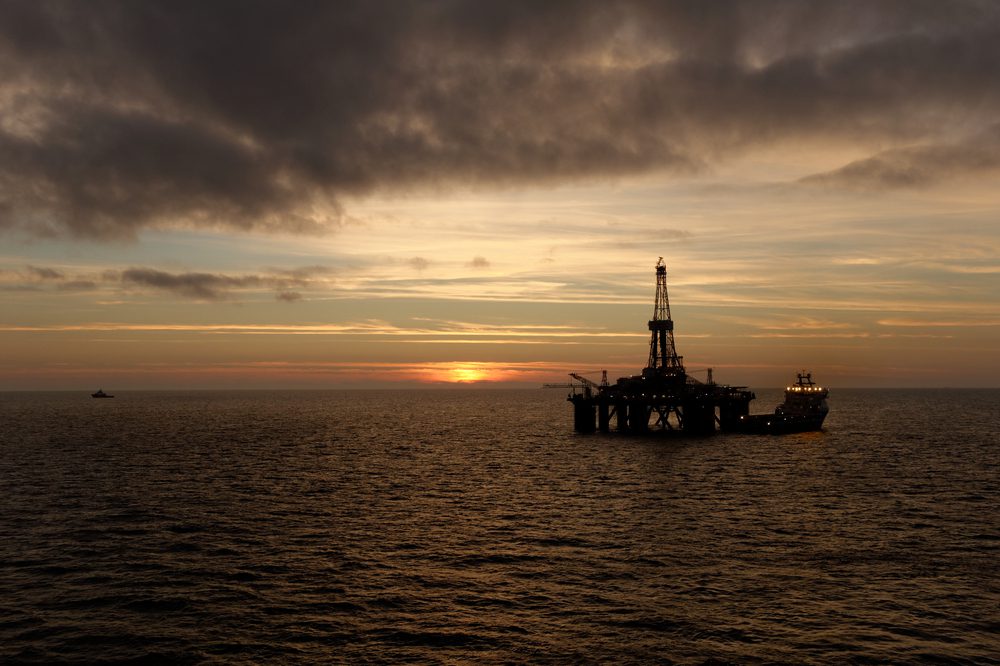 Aug. 8 (Bloomberg) — Nippon Yusen K.K., Japan’s largest shipping line, said development of deepsea Brazilian oil and Australian gas will boost drillship and shuttle tanker demand, helping the energy business post its first annual profit.
Aug. 8 (Bloomberg) — Nippon Yusen K.K., Japan’s largest shipping line, said development of deepsea Brazilian oil and Australian gas will boost drillship and shuttle tanker demand, helping the energy business post its first annual profit.
The company’s energy unit, excluding liquefied natural gas vessels, will report an operating profit of about 5 billion yen ($52 million) in the year starting April 2015 after turning positive this fiscal year, Hitoshi Nagasawa, energy division head, said in an interview in Tokyo yesterday. He declined to give a specific profit forecast for this year.
The shipping line is expanding into oil and gas development and has added a drill ship, production vessels and tankers that bring crude ashore to drive growth. While prices for transporting commodities have slumped as competition increases, demand for oil services has grown as energy companies explore in more remote and complex areas.
Nippon Yusen predicts operating profit from the energy unit will rise to 10 billion yen by fiscal 2020, Nagasawa said. The Tokyo-based company became Japan’s first shipping line to take a stake in a gas project last year when it joined Tokyo Electric Power Co. and Mitsubishi Corp. in an Australian LNG venture.
“Shipping is a volatile market,” Nagasawa said. “We’re targeting a more stable income portfolio. We want to move closer upstream in the energy market.”
Nippon Yusen rose 0.4 percent to 289 yen at the close of trading in Tokyo as competitors Kawasaki Kisen Kaisha Ltd. fell 1.9 percent and Mitsui O.S.K. Lines Ltd. slid 0.8 percent. The Nikkei 225 Stock Average declined 1.6 percent.
Earnings Forecast
Nippon Yusen reported a loss in two of the past four years as freight rates dropped. The company expects net income of 30 billion yen this fiscal year as a weaker yen helps push up the value of revenue from dollar contracts.
The shipping line said last month it won a contract to operate two floating production, storage and offloading vessels from a group led by Petroleo Brasileiro SA, Brazil’s state- controlled oil company. Nippon Yusen may double its FPSO ships to six by 2020, Nagasawa said.
Oil companies are drilling deeper as traditional fields age and advances in technology allow them to reach previously inaccessible reserves. Nippon Yusen has said it’s keen to help develop Japan’s methane hydrate deposits as it adds vessels to drill and store oil from deep-sea wells.
Seabed Resources
Japan is seeking to develop seabed resources that may be valued at 300 trillion yen, the nation’s Trade Ministry said in 2011. Reserves of methane hydrate gas, trapped in ice below the seabed, are valued at about 120 trillion yen, according figures from the Japan Project-Industry Council.
The country, which buys about 6 trillion yen of LNG a year from abroad, could eventually replace those imports with gas mined from its own waters if development proves feasible, Nagasawa said. Nippon Yusen, which is the largest listed operator of LNG vessels, also plans to expand its fleet of the vessels to 100 by 2020, from 66 now, he said.
“If we could develop Japan’s methane hydrate then the division’s earnings could skyrocket,” he said. “It all depends on whether the costs to develop it make sense.”
– Chris Cooper and Kiyotaka Matsuda, Copyright 2013 Bloomberg.

 Join The Club
Join The Club












